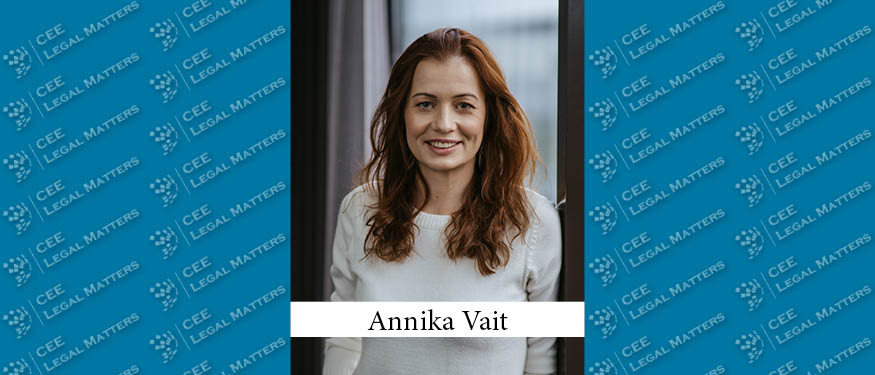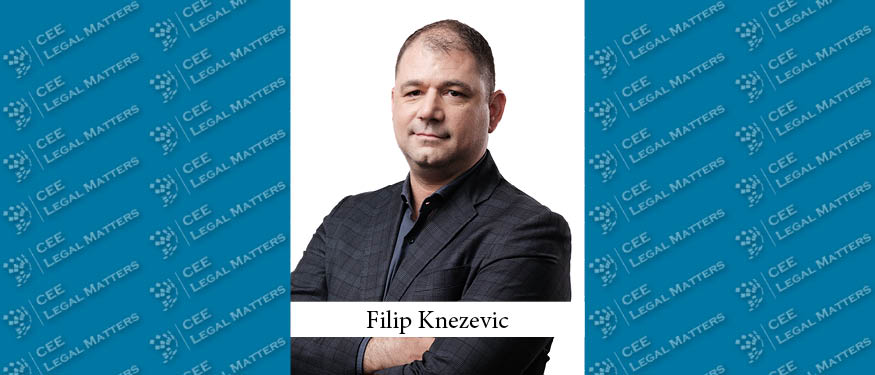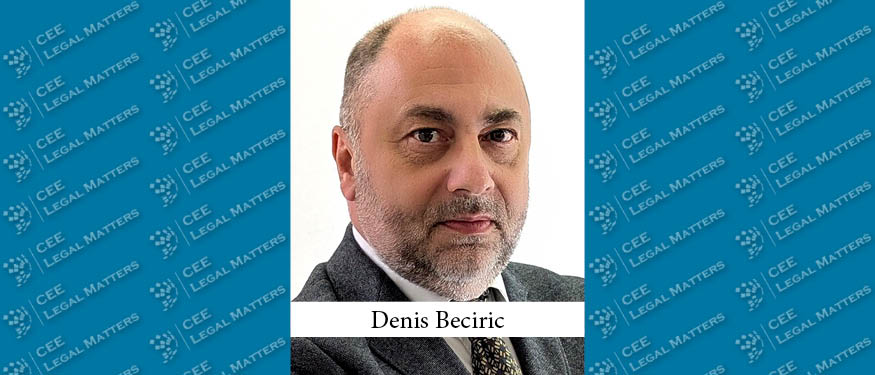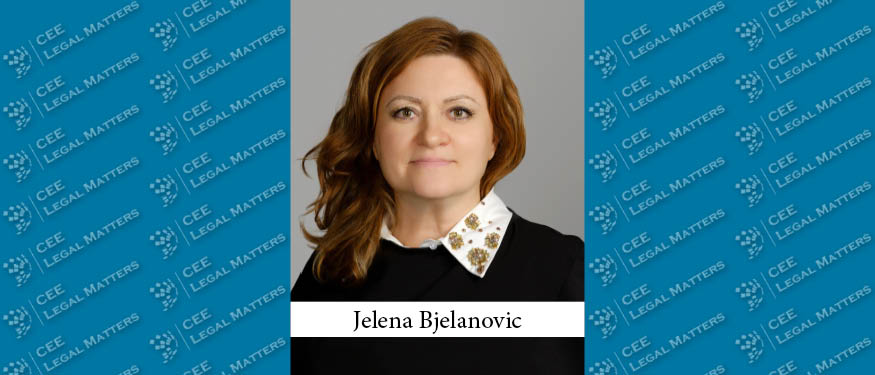The Regulation (EU) 2022/2560 on Foreign Subsidies Distorting the Internal Market (FSR) formally entered into force on 12 January 2023, but the regime did not apply until 12 July 2023. On the same day, the respective Implementing Regulation (EU) 2023/1441 was published in the Official Journal.
The FSR empowers the European Commission to investigate financial contributions granted by non-EU public authorities to companies active in the EU. The FSR tackles both concentrations and public procurement procedures and entails considerable notifications obligations. The Commission can impose measures to redress distortive effects, fines and other payments, and ultimately block concentrations or exclude bidders.
Scope
The purpose of the FSR, as stipulated in its first Article, is to contribute to the proper functioning of the internal market by establishing a harmonised framework to address distortions caused, directly or indirectly, by foreign subsidies, with a view to ensuring a level playing field. The FSR aims to close a regulatory gap for non-EU subsidies, which are currently not subject to the same strict rules as subsidies granted by EU Member States under the EU State aid regime. However, please note that the various notification requirements imposed by the FSR are triggered not by foreign subsidies but rather by foreign financial contributions, which have a much broader scope than foreign subsidies. Financial contributions are widely defined to include any transfer of financial resources form a non-EU public authority, including even the payment for goods or services on market terms. The FSR introduces three new tools for addressing financial contributions.
The new tools
- A notification-based concentrations tool enabling the Commission to investigate and potentially block or unwind mergers, acquisitions or joint ventures involving financial contributions granted by non-EU governments, where the acquired company, one of the merging parties or the joint venture generates an EU turnover of at least €500 million, and where the transaction involves foreign financial contributions of more than €50 million in the three years preceding the signing of the relevant transaction agreements.
- A notification-based public procurement tool that empowers the Commission to investigate and potentially require the exclusion of a bidder in public procurement procedures for high-value public contracts involving financial contributions by non-EU governments, where the estimated contract value is at least €250 million and the bid involves a foreign financial contribution of at least €4 million per third country over the last three years, prior to notification.
- A general ex-officio tool allowing the Commission to open investigations into any suspected foreign subsidies that may distort the EU internal market, and to investigate all other market situations where the Commission can start a review on its own initiative.
Procedure
As to the notification-based concentrations and procurement tools, the parties will have to notify financial contributions received from non-EU public authorities prior to concluding a concentration or a public procurement procedure above the relevant thresholds. With respect to smaller concentrations and public procurement procedures, the Commission is entitled to request ad-hoc notifications if it suspects the existence of distortive subsidies. Pending the investigation or review conducted by the Commission, the concentration in question cannot be completed and the investigated bidder cannot be awarded the contract. If the Commission establishes that a foreign subsidy is distortive, it will balance the negative effects of the subsidy, in terms of the distortion, with its positive effects to determine appropriate redressive measures or to accept commitments. As to the redressive measures and commitments, the FSR includes several structural or non-structural remedies, such as the divestment of certain assets or providing access to infrastructure. As mentioned, in the case of notified transactions, the Commission can also prohibit the concentration or the award of the public procurement contract to the bidder.
The general investigation tool allows the Commission to start investigations on its own initiative. This will regularly cover other types of market situations, such as greenfield investments.
Fines and periodic penalty payments
An investigation under the notification-based concentrations tool may ultimately prompt the Commission to block or unwind mergers, acquisitions or joint ventures involving financial contributions granted by non-EU governments. An investigation under the notification-based public procurement tool may ultimately trigger the exclusion of a bidder. However, during the investigation, the Commission already wields considerable sanctioning powers for non-compliance. For example, failing to submit a mandatory notification of a concentration, or of participation in a public procurement procedure, or implementing the transaction or the contract prior to receiving clearance from the Commission, may result in fines of up to 10% of the aggregate turnover of the undertaking concerned in the preceding financial year. The Commission may also decide to impose periodic penalty payments of up to 5% of the average daily aggregate turnover of the undertaking concerned in the preceding financial year for each day of non-compliance.
Implementing Regulation
When the FSR entered into force on 12 January 2023, it stipulated and allowed the drafting of an Implementing Regulation. Commission Implementing Regulation (EU) 2023/1441 of 10 July 2023 on detailed arrangements for the conduct of proceedings by the Commission, pursuant to Regulation (EU) 2022/2560 of the European Parliament and of the Council on foreign subsidies, related to the distorting of the internal market, was published in the Official Journal of the European Union on 12 July 2023. The Implementing Regulation provided for the notification forms for notifying concentrations and public procurement procedures, as well as the form for the declaration that has to be made in the event that no reportable financial contribution was granted to the companies involved in a procurement procedure exceeding the estimated contract value of €250 million. Moreover, the Implementing Regulation contains several procedural provisions.
Timeline
The full application of the FSR will be implemented in steps which should grant addressees a certain period of time to prepare. While the FSR formally entered into force on 12 January 2023, the regime did not apply until 12 July 2023. From that date forward, the Commission is empowered to launch ex officio investigations. The mandatory notification requirements under the concentrations and public procurement tools will subsequently enter into force on 12 October 2023. Certain inspections, in which officials authorised or appointed by the Member State in whose territory the inspection is to be conducted, shall assist the Commission and the enforcement of said inspections shall be applicable as of 12 January 2024.
By Manfred Essletzbichler, Partner, and Philipp J. Marboe, Counsel, Wolf Theiss

















